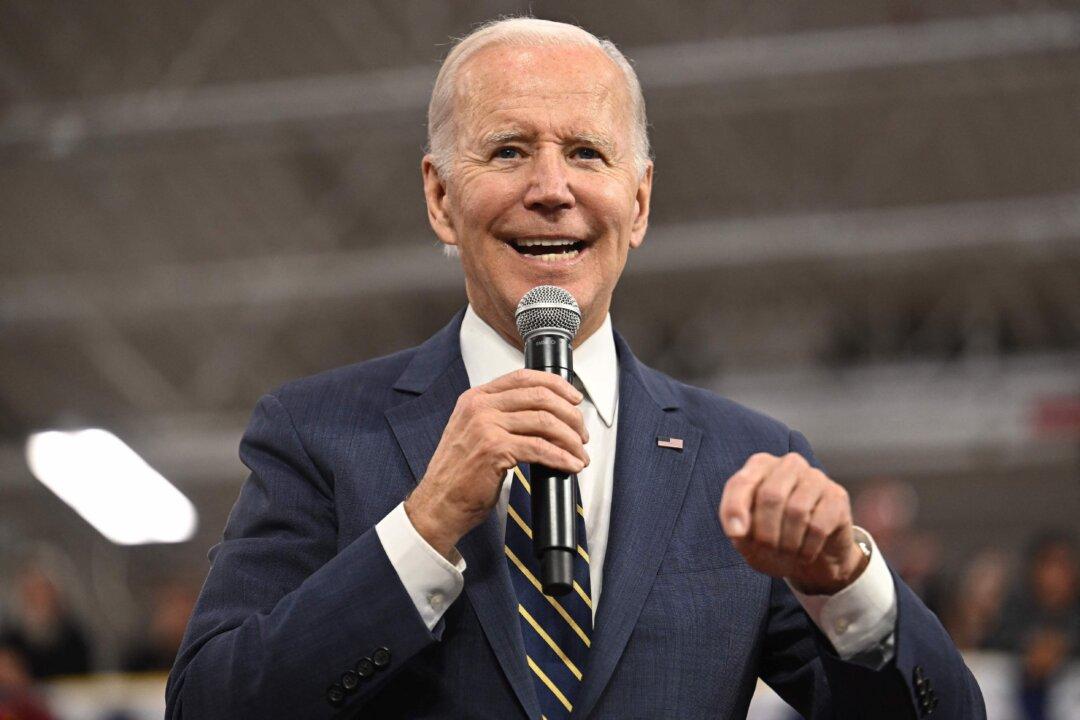The Strategic Petroleum Reserve (SPR) fell to its lowest level since 1983, as oil and gas prices rose again last week.
The Biden administration has tapped over 240 million barrels from the SPR this year to lower domestic gas prices, which have been rising since the president took office.





